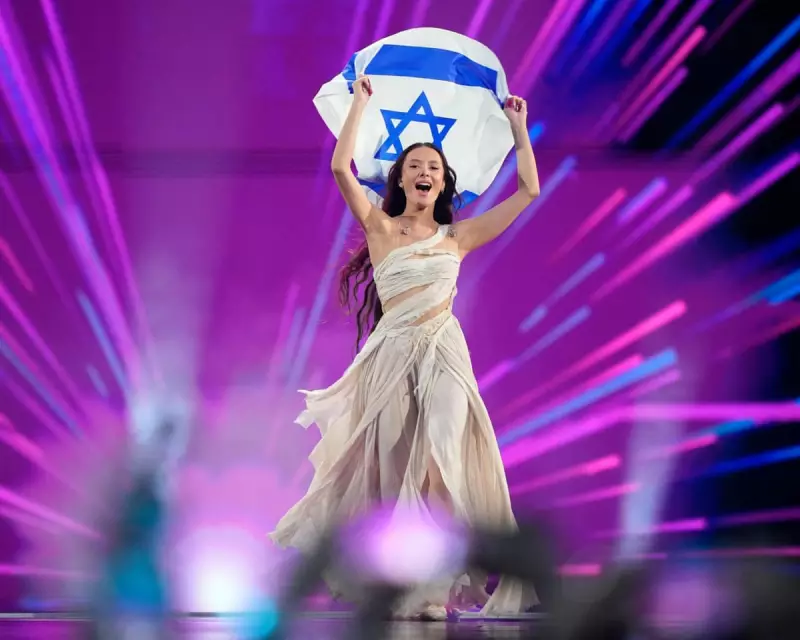
In a significant move that pits it against a growing European movement, Australia's Special Broadcasting Service (SBS) has publicly committed to broadcasting the 2026 Eurovision Song Contest from Israel. This decision comes amidst mounting pressure from some European Union members for a full-scale boycott of the event.
The European Broadcasting Union (EBU), which organises the contest, has so far resisted calls to relocate the event from Israel, a move that has sparked intense debate. SBS, which holds the Australian broadcasting rights, has now aligned itself with the EBU's stance, prioritising what it calls the 'non-political nature of the event.'
A Clash of Values and Diplomacy
The core of the controversy lies in the ongoing conflict in Gaza. Pro-boycott campaigners argue that holding a glittering international spectacle in Israel amounts to 'artwashing' – using cultural events to distract from military actions. Several EU public broadcasters are reportedly privately lobbying the EBU to reconsider the host nation.
However, SBS has taken a different view. A spokesperson for the broadcaster stated that their focus remains on the music and the millions of fans who see Eurovision as a unifying event, separate from geopolitics. This stance underscores the complex diplomatic tightrope Western nations are walking regarding Israel.
What This Means for Viewers
For Australian audiences, the announcement means the beloved Eurovision tradition will continue uninterrupted. SBS is renowned for its extensive coverage, which includes live broadcasts, expert commentary, and behind-the-scenes content.
The decision also has broader implications for the future of international cultural cooperation. It sets a precedent for how individual broadcasters might navigate politically charged events, potentially fragmenting the unified front that has traditionally characterised Eurovision.
All eyes will now be on the EBU's next move and whether other major broadcasters outside the EU will follow Australia's lead or side with the boycott movement. The 2026 contest is shaping up to be one of the most politically charged in the event's history.






